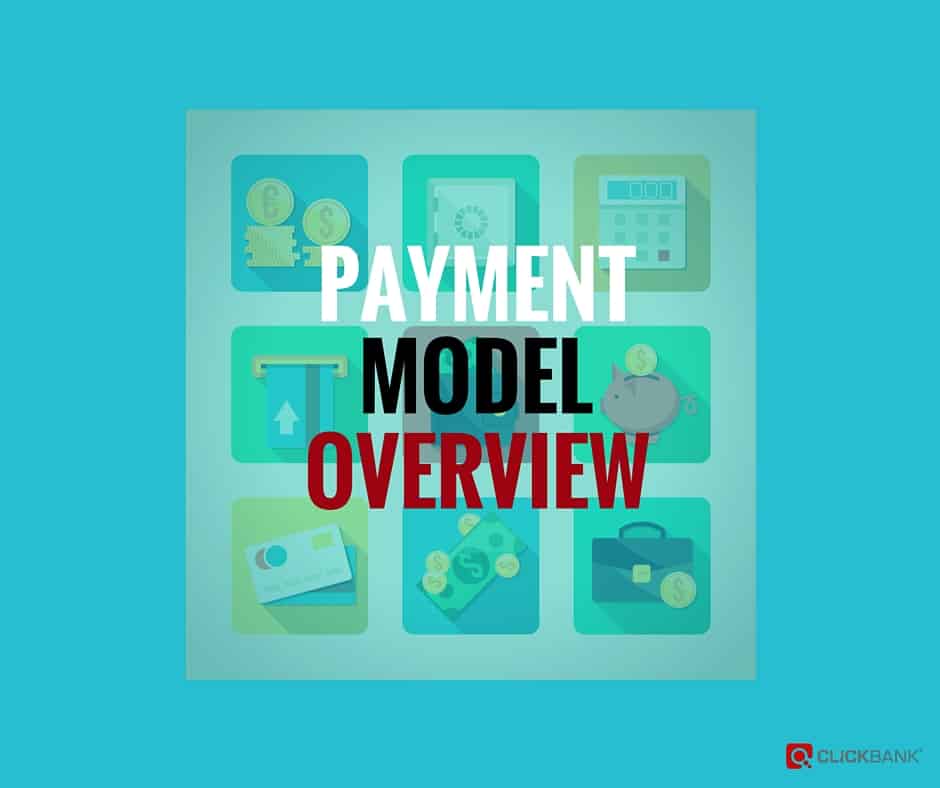Read on to learn more about changes to ClickBank and the payment models.
[hubspot portal=”5154711″ id=”7642b9fe-5d46-49e7-aa54-737c33f9221c” type=”form”]Recently we have received much feedback from our vendors and affiliates around the changes to ClickBank. Many of the recent changes as explained in this post were made to improve the end customer experience, and make the ClickBank brand more visible to the end consumer. This is necessary and a requirement for ClickBank in order to maintain our Internet Retailer status.
It is important to understand first and foremost that ClickBank IS NOT a payment processor. We are an Internet Retailer, and as part of this classification are required to meet certain criteria as indicated by our card brand partners. Confusion over ClickBank’s classification and our responsibilities as an Internet Retailer seem to be at the core of the conversation.
That said, we would like to take the opportunity in this blog post and in a more detailed Knowledge Base article to go into more detail about the various payment models to better explain ClickBank’s role in the payment ecosystem, how it impacts our vendors and affiliates, and the implications for how businesses like ClickBank and other Internet Retailers are managed.
The Payments Ecosystem
There are several roles companies play in the payments ecosystem and it is important to distinguish between them. Below we briefly explain the different types of payment roles and compare them to ClickBank’s Internet Retailer classification. For more detailed information on the payments ecosystem, click here.
Payment Processor
Companies such as First Data and Chase Paymentech have direct software connection to the VISA, MasterCard, and American Express networks for routing transactions through to an end-customer’s bank. To connect with a Payment Processor, a business will undergo a number of compliance and certification processes. Typically, only large merchants will have a direct platform connection to a Payment Processor. For more information on Payment Processors, visit our Knowledge Base article here.
Payment Gateway
Companies such as Authorize.net or Braintree offer businesses a connection to one or more Payment Processors, making it possible for a merchant to transact with credit cards without many platform integration constraints. These service providers may also resell merchant services for additional fees, though a business is still responsible for holding a merchant account. For more information on Payment Gateways, visit our Knowledge Base article here.
Payment Facilitator
Companies such as PayPal or Stripe use their merchant account and connection to a Payment Processor or Payment Gateway to permit a Sub-Merchant to sell to consumers without a merchant account. Payment Facilitators operate under strict requirements imposed on them from the major credit card brands due to the inherent risk of providing credit card processing to any entity that has not received a merchant account. For more information on Payment Facilitators, visit our Knowledge Base article here.
Merchant Account
If a business decides they want their own merchant account and wants to use a Payment Gateway or Payment Processor directly, it is an involved process. Learn more about the process and what you can expect in our Knowledge Base article here.
ClickBank as an Internet Retailer
ClickBank does not fall under any of the categories listed above. Instead, we are an Internet Retailer and we specifically chose this path because it permits us to offer our clients the following benefits that processors, gateways and payment facilitators do not have:
- We handle all the tax collection and remittance. Right now, we currently calculate tax rates for nearly 10,000 United States jurisdictions and 30+ VAT countries. Any client that wishes to use either a gateway, processor or payment facilitator is directly responsible for registering with each entity to pay sales and valued-added tax for products sold online.
- As the retailer, we approve and agree to resell your products, not your business. If you wish to use a merchant account, you will be responsible for full underwriting.
- With the power of the marketing largely in the hands of the vendor, we screen and raise objections for potential FTC compliance issues that we find. This is not a service provided elsewhere.
- We offer front-line customer support for all inbound calls related to purchases. A processor, gateway or facilitator does not typically offer this.
- We take care of all of the Payment Card Industry (PCI) requirements, certification, and annual recertification. ClickBank is PCI level 1 certified, the highest rating available.
- We manage and deal with all the chargeback processing. This includes research and dispute processes that save sales, which neither vendors nor affiliates ever have to worry about.
- Card brand and merchant policies apply to our business, not your business, freeing you of the administrative hassle.
- We can pay affiliates directly for commissions since we control the cash flow. Affiliates love the reliability of having ClickBank pay for commissions at the time of purchase, versus trusting unknown vendors to do so at a later time.
- We handle all Office of Foreign Asset Control (United States Treasury Department) and Anti Money Laundering and Know Your Customer (AML/KYC) requirements.
- Our screening and fraud controls protect everyone, including consumers, from bad actors in the industry.
- Our business does not limit accounts or freeze processing during a sales launch, as we are accustomed to this type of dynamic sales spikes.
Vendors Can Focus on What Matters
The Internet Retailer business classification allows our vendors to focus on identifying the next product, creating high-converting pitch pages and finding big partnerships, rather than worrying about fraud attacks, credit lines and whether they will have the money to pay themselves and their affiliates.
Additionally, we are able introduce new, valuable business building and revenue generating features to our affiliates and vendors on a frequent and ongoing basis due, in part, to our Internet Retailer status.
We hope this helps clarify why it is so important that we remain in compliance to maintain our classification now, and for years to come.







